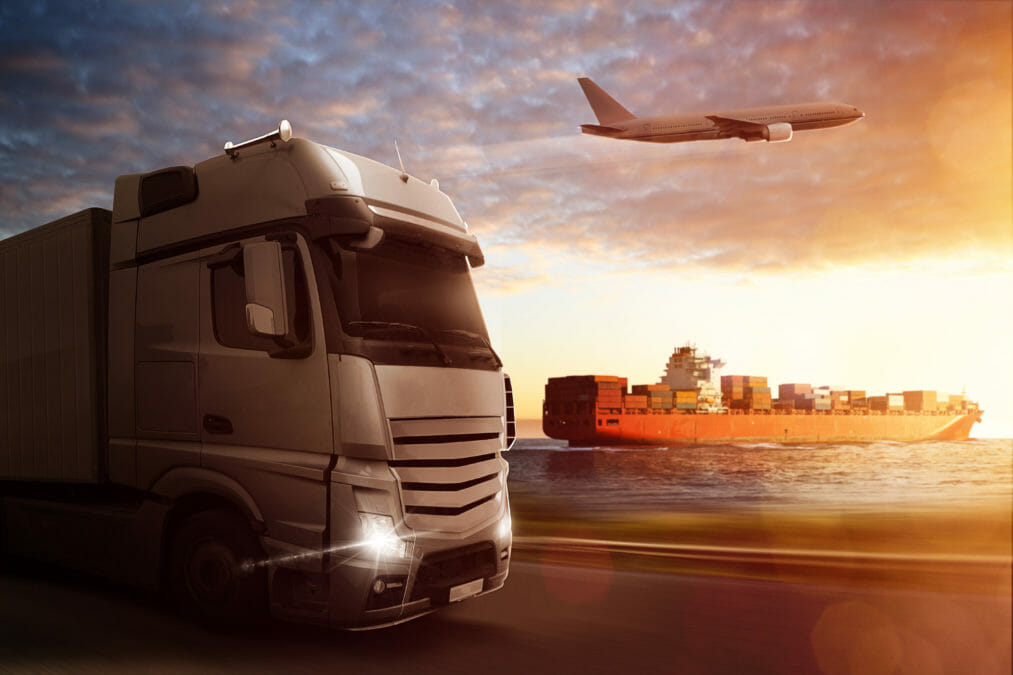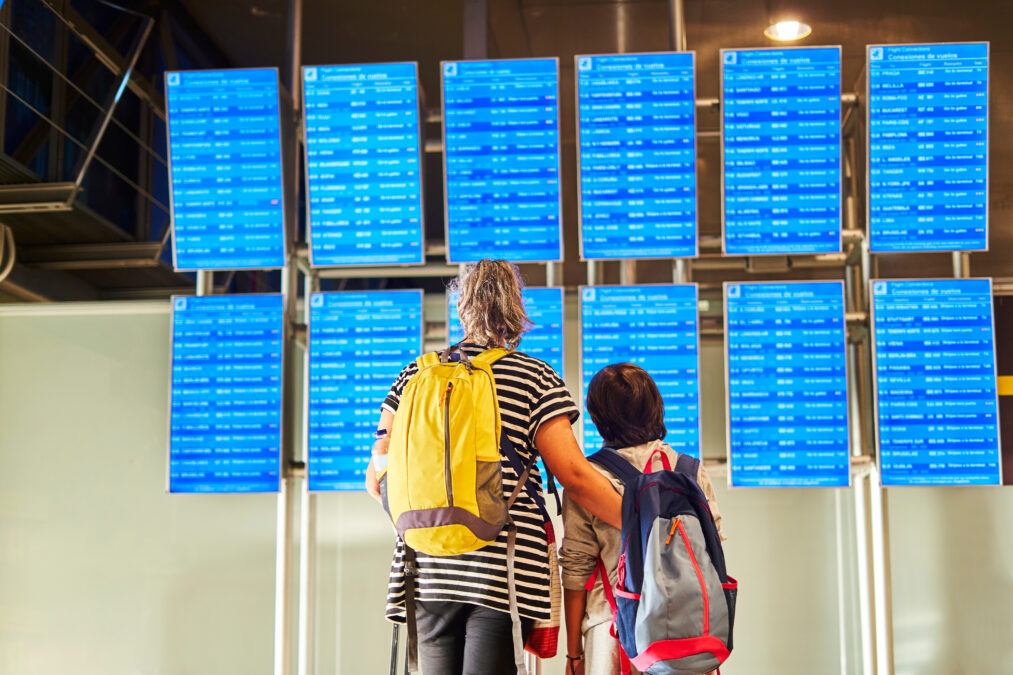Currently trailers transporting goods on UK roads are being under utilised with up to 30% of space in every trailer lying empty when in transit.
A new SmartPack Solution from Zebra is expected to close this gap by 15% or more. This could not only achieve annual savings in the millions for any large logistics operator, but also help control transport emissions, and the number of trailers on UK roads that are essential to supporting the rising demands of e-commerce.
The global parcel delivery market grew 11% last year alone. In 2015, UK’s e-logistics sector dispatched over 1 billion parcels nationwide, according to Apex Insights’ Global Parcel Delivery Market Insight Report.
The UK road network carries 73% of all freight journeys and trucks represent 22% of surface transport emissions, so companies need to ensure that impact to the environment is minimised.
>See also: Let’s make it personal: the UK retail digital revolution
By 2040, the equivalent of more than 100 million working days could be lost to traffic congestion unless new technologies emerge to improve logistics efficiency and online shopping has boosted the size of the UK parcel market to almost £9 billion, growing by almost a third since 2011.
Today, Zebra Technologies announced SmartPack™ Trailer which provides the transportation and logistics (T&L) industry with real-time operational visibility, with the aim of preparing this industry for the challenges ahead.
This innovative technology lowers operational costs while improving efficiency in loading trailers along with load quality, staff training and safety.
The aim is to help public and private carriers of freight and parcels across ground and air transport modalities build a smarter, more connected distribution network, resulting in real-time informed decision making that improves loading operations.
>See also: How to manage big data in the age of digital
Due to a lack of visibility in the loading process, trailers are often loaded improperly, wasting available space. SmartPack Trailer solves this issue by drawing actionable insight from data provided by 3D sensors and camera technology on the loading dock, allowing organisations to eliminate wasted space and time. This helps decrease the number of trailers on the road, thereby reducing fuel and maintenance costs.
The product’s hardware, software and analytics integrates with various enterprise resource planning (ERP) systems to track volumetric efficiency, load rate and when a load is nearing completion.
Drivers can be alerted in advance when a trailer is about to be closed out, resulting in lower dwell time and freeing up the dock so a new load can begin.
>See also: 2017 transport predictions
Businesses can also leverage the images from inside the trailer to track and monitor the lifting techniques of their employees, while enabling loading dock supervisors to make on-the-spot decisions to help employees work faster and more efficiently. This level of visibility can help reduce worker turnover and injury, theft, loss and damage of parcels with every trailer load.
Tom Bianculli, chief technology officer at Zebra said: “Given the rise of the ‘on-demand economy’ driven by e-commerce and the expectation of instant delivery, the need for solutions that can further optimise speed, accuracy and efficiency of the loading process are vital.”










